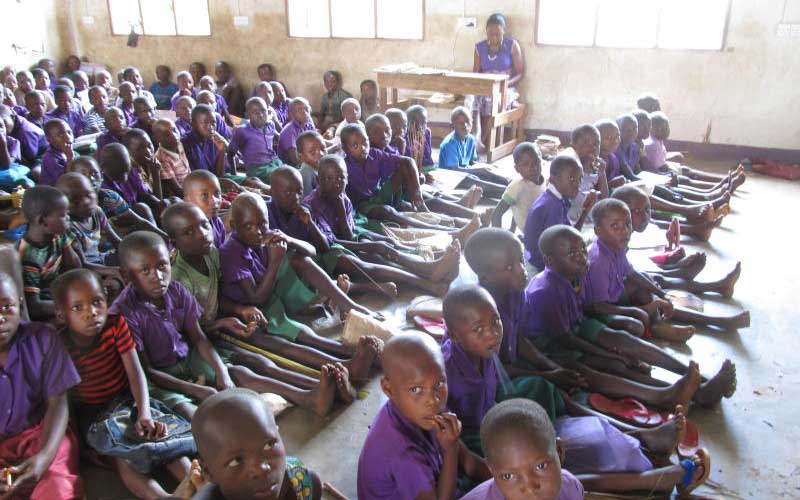×
The Standard e-Paper
Home To Bold Columnists

As President Uhuru Kenyatta’s term comes to an end, the government is yet to achieve meaningful reforms in education.
In its manifesto, the Jubilee administration had committed to work towards achieving a 100 per cent transition from primary to secondary school.